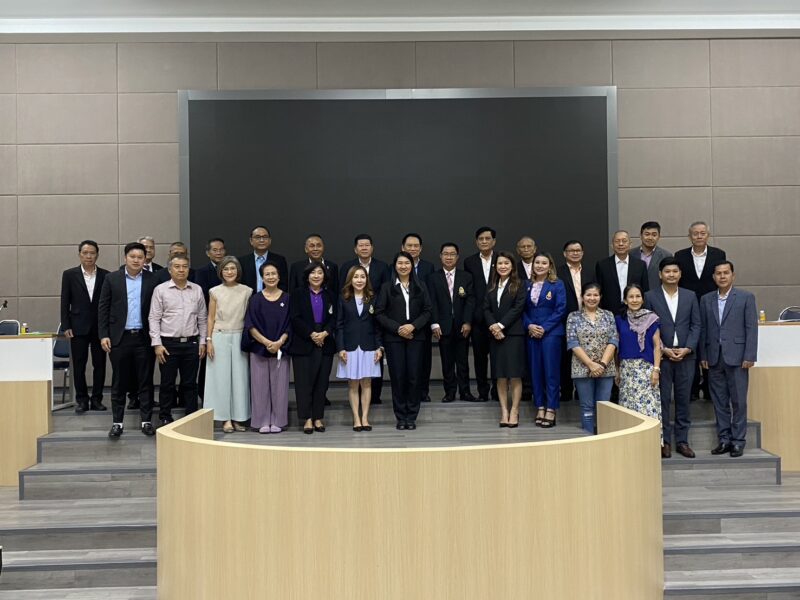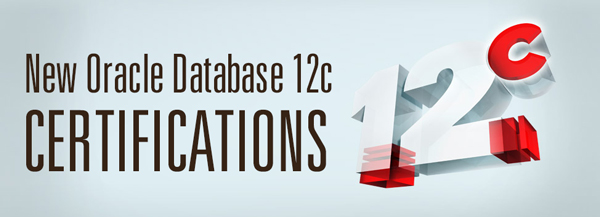
Key survey findings:
– Future-proofing children is the greatest concern for all parents. The survey shows 65% of Thai parents concern about rising cost of living.
– Child’s happiness is the top priority for parents when their child grows up. 68% of Thai parents want their children to be the best at what they do.
– Among Thai parents, 66% rate job stability as a top priority – more so than any other country.
– Parents believe that printed materials have a positive impact on their children’s learning, but use a mix of printed materials and digital learning to enhance their children’s linguistic skills and music
THAILAND, June, 2019 — HP today released its inaugural HP New Asian Learning Experience Study, a survey that explores how the personalities of Asian millennial parents impact the way they define learning. Taking a comprehensive and holistic approach, the research of 3,177 Asian millennial parents across seven countries – India, China, Indonesia, Singapore, Malaysia, Thailand and the Philippines- identified the unique mindsets of parents, how they define learning, the types of learning experiences they value, their involvement in helping their children learn, and their hopes and fears for their children’s future.
“As a parent, I understand the importance of a well-rounded education,” said Pavin Vorapruck, Thailand Managing Director, HP Inc. “At HP, we are aligned with the Thai parental focus on the role of digital and print in facilitating effective learning outcomes. We want to support parents in raising our future leaders by providing the right information, technology and learning experiences to ensure they have the required skillsets for workplaces of the future.”
“As a parent, this study gives valuable insights on how learning is evolving and where our innovations can ensure our young learners thrive,” said Pavin Vorapruck, Thailand Managing Director, HP Inc. “At HP, we are committed to aligning with the focus of Thai parental focus on print and digital learning making a positive impact on their children’s lives. To prepare the young learners for the future, we are creating new, immersive learning experiences through our innovative printers and personal computers.”
The survey revealed that the future-proofing children is the greatest concern for all parents. Across all markets, Cost of Living (66% of parents), Job Security (42% of parents), and Having the Right Skills for Future Roles (54% of parents) are the top concerns related to future-proofing. The rising cost of living is the biggest concern amongst millennial parents in Thailand (65%) and Having the right skills for future roles is the second-highest concern (54%).
Thai parents emphasize teaching adaptability (61%) as the necessary skills to prepare their children for the future. Discipline is the top character trait across Asian millennial parents, while 57% of Thai parents express that intelligence is the most important one.
Asian millennial parents want their children to develop strong social skills and be happy with 83% of parents rating happiness as the top priority. In Thailand, 68% of Thai parents want their children to be the best at what they do, while 66% rate job stability as a top priority – more so than any other countries.
Asian parents want technology used in education
The HP New Asian Learning Experience Study also revealed that parents believe that printed materials will impact their child’s learning more positively than purely digital learning. They see print and digital learning as having different benefits and feel that print is better for reading comprehension, time spent reading, knowledge of vocabulary, and retention, whereas digital platforms facilitate creative and critical thinking.
Print is thought to be better for developing their child’s comprehensive skills across most countries. 50% of parents rank print approaches as best suited for learning math, while 53% express that electronic approaches are best suited for musical and auditory skill learning.
Ultimately, they perceive a blend of both print and digital as most beneficial. 57% of Thai parents who use blended learning for art, teaching linguistic at 56% and musical skills at 41%. Among the countries surveyed, Thailand had the highest percentage of parents wanting to help their children learn by exposing them to new ideas and experiences (90%).
“It’s clear from the survey that Print remains as the tried-and-tested approach when it comes to helping children learn. The popularity of print-learning approaches can be attributed to parents thinking that it helps their child focus, learn better and develop social interaction skills. Parents also believe that children are naturally more inclined to print materials compared to new electronic learning mediums,” said Pavin Vorapruck, Thailand Managing Director, HP Inc.
The future of work and its impact on education today
Today’s millennial parents know that education will and must evolve. The HP New Asian Learning Experience Study shows that Thai parents’ definition of learning reflects the requirements of the future workplace. Overall, Thai parents value experiential learning (88%) over rote learning and memorization (73%), and believe that both types of learning will influence their child’s capabilities to pick up skills they will need when they enter the workforce.
Among all parents, experiential and rote learning approaches are seen to be most suited to different domains of expertise – with experiential learning being best for real-world exposure and the development of creative and critical thinking abilities, while rote learning is more suited for factual knowledge and as a foundation that more advanced ways of thinking can be built on.
We are now in the Experience Age – an era defined by the need for experiences that inspire creativity, spark collaboration and connect people. These expectations and the accelerated pace of technological change will forever change our workplaces, which will soon be defined by mobility, immersive technologies, borderless enterprises and collaboration with intelligent machines.
HP is reinventing learning through its range of innovative printers and personal computers, such as HP DeskJet Ink Advantage printer and HP Pavilion x360 laptop. HP remains committed to ensuring that young learners have the tools to be self-directed, creative learners, practice critical and inventive thinking, and develop cross-cultural skills and global awareness.
For more information on innovation from HP, please visit HP.com store and online store links to flagship stores in Lazada, Shopee etc.
About the HP New Asian Learning Experience Study 2019
The HP survey engaged 3,177 respondents across India, China, Thailand, Malaysia, Singapore, Indonesia and the Philippines aged between 25 and 42 with at least one child. The survey was conducted from November to December 2018. The results in the press release are based on respondents in Malaysia only.
About HP
HP Inc. creates technology that makes life better for everyone, everywhere. Through our product and service portfolio of personal systems, printers and 3D printing solutions, we engineer experiences that amaze. More information about HP Inc. is available at http://www.hp.com.






